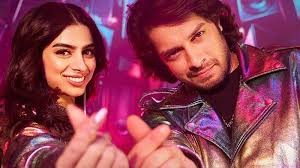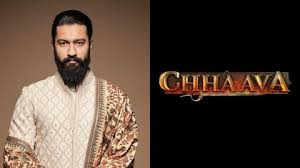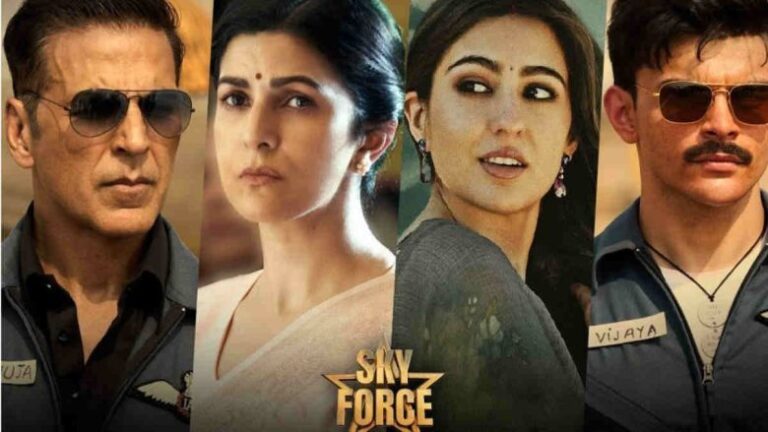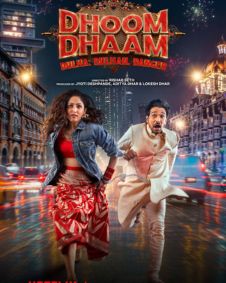Loveyapa had all the potential to be a standout rom-com, but unfortunately, it falls short in delivering the depth and emotional resonance it promises. While Junaid Khan’s debut performance is undoubtedly impressive, the film as a whole fails to explore its themes with the seriousness they deserve, leaving a lot of untapped potential on the table.
Directed by Advait Chandan, Loveyapa attempts to tackle pertinent issues like body-shaming, social media manipulation, and the complexities of modern relationships. But instead of delving deep into these real-life challenges, the film opts for surface-level treatment, offering only a shallow portrayal of the issues at hand. The attempts to showcase the generational shift in the way relationships are formed and maintained through social media are evident, but they feel forced and underdeveloped.
Junaid Khan, as Gaurav “Gucci,” undoubtedly has screen presence and potential. His nuanced performance as a young man struggling with love in the age of social media is one of the film’s redeeming qualities. He brings depth to his character with subtlety, making Gucci’s emotional struggles feel real and engaging. His diction, patience, and maturity as an actor surpass expectations for a debutant. However, even his commendable performance cannot salvage the film from its glaring flaws. The film doesn’t give him enough room to truly explore Gucci’s internal turmoil, and his interactions with Khushi Kapoor’s character, Bani, are often limited to predictable dialogues and cliched scenarios.
Khushi Kapoor, on the other hand, feels out of her depth. While she does add charm to the screen, her portrayal of Bani lacks the emotional range required to make the character believable. Her Hindi pronunciation and awkward dialogue delivery are more noticeable than her acting, which only detracts from the film’s overall appeal. The lack of chemistry between Junaid and Khushi doesn’t help either, leaving the central love story feeling lackluster.
The film’s premise could have offered much more than just another formulaic romance. The narrative could have truly explored the impact of social media and its manipulation on relationships, but instead, it plays it safe and focuses more on lighthearted drama than the real stakes at hand. The attempt to address gaslighting and deep-fakes as major plot points feels half-hearted and is overshadowed by unnecessary comedic distractions.
Supporting characters like Kiku Sharda’s dentist Anupam and Tanvika Parlikar’s Kiran Sachdeva add some comic relief, but their presence doesn’t contribute to the main narrative in any significant way. The characters feel like filler material in an already underdeveloped story, rather than meaningful additions to the plot.
The film’s most significant flaw lies in its missed opportunity to delve deeper into the generational issues it attempts to highlight. The film offers no profound commentary on body image issues or the negative effects of social media—issues that could have been portrayed as powerful catalysts for personal growth and societal change. Instead, Loveyapa chooses to take the easy route, opting for superficial solutions that only skim the surface.
In conclusion, Loveyapa had the potential to be an insightful and impactful film for this generation, but it ultimately feels like a missed opportunity. While it boasts a promising debut performance from Junaid Khan and a strong attempt at tackling relevant themes, the film never truly delivers on its promise to explore the complexities of love, trust, and the digital age. It remains a formulaic rom-com that fails to dig beneath the surface, leaving us with only fleeting moments of potential instead of the heartfelt experience it could have been.
Verdict: A well-intentioned film that misses the mark when it comes to emotional depth and meaningful storytelling. Loveyapa is a classic case of style over substance.
⭐ Rating: 2.5/5






